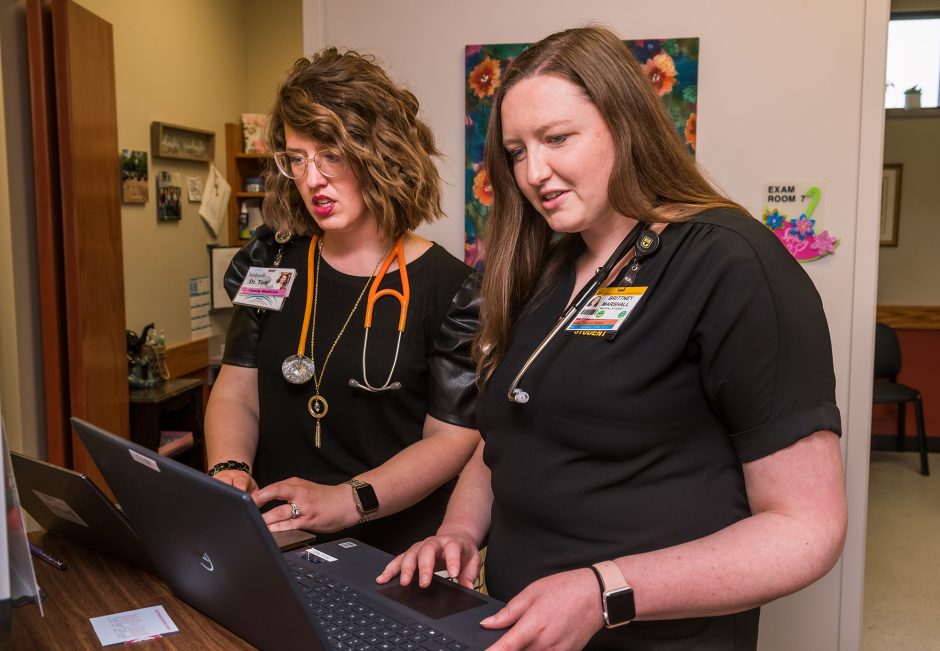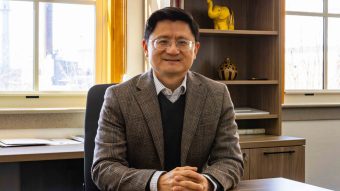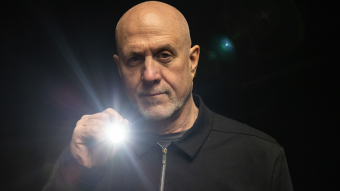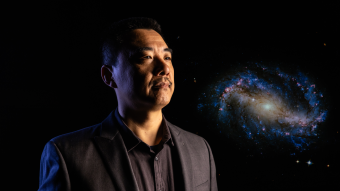
Oct. 5, 2023
The University of Missouri School of Medicine has received a new federal award of $16 million from the Health Resources and Services Administration (HRSA) to expand programing aimed at addressing a shortage of physicians in rural Missouri.
The funding will support the University of Missouri School of Medicine’s Rural Scholars Program. Created in 1995, the program seeks to address primary care physician shortages and maldistribution in rural Missouri. It includes: the Bryant Scholars Pre-Admissions Program, which encourages young people from rural backgrounds to pursue medical school, as well as 10 rural training site partners where third-year medical students complete clinical clerkships. Other components of the program include:
- Summer Community Program: a summer session for rising second-year medical students that exposes them to different rural medicine opportunities.
- Rural Elective Program: an opportunity for fourth-year medical students to complete electives in rural, community-based settings.
- Rural Immersion Program: a four-day experience for students interested in living and working in a rural area. This non-clinical experience highlights the social and community aspects of rural life.
- Clinical Rural Immersion Program: School of Medicine students along with Sinclair School of Nursing and UMKC School of Pharmacy students are imbedded in a clinical site at a rural training location for a two-week summer experience.
“Our Rural Scholars Program exemplifies our strong commitment to rural health care by training and placing physicians in rural communities,” said Richard J. Barohn, executive vice chancellor for Health Affairs and dean of the School of Medicine. “It reflects the responsibility we feel to address health challenges in underserved communities and is one of the many ways we’re saving and improving lives in every part of Missouri.”
In Missouri, the need to address access to primary care in rural areas is acute. More than a third of the state’s residents live in rural areas and the share of rural population over 65 is higher than in urban communities. As Missourians continue to live longer, the number of those with chronic diseases will increase, along with their need for access to healthcare and primary care physicians. Poor health means higher healthcare costs, which punctuates the importance of having medical services close to home to avoid the cost of travel to receive services.
Since starting the Rural Scholars Program, nearly 50% of medical school students admitted through the Bryant Scholars program at MU are now practicing as physicians in rural Missouri and 43% are primary care doctors.
In addition to enhancing and expanding the existing Rural Scholars Program, this new award will complement additional rural curriculum elements, including scholarships for students interested in rural medicine.
“Physicians who train primarily in rural settings are more likely to practice there. We also know that increasing the number of primary care physicians in a community is associated with improved population health,” said Kathleen Quinn, associate dean for rural health and head of the University of Missouri School of Medicine’s rural health programs. “The rural program physicians we’re producing consistently enter rural practices at rates well above the national average. We’re making a difference in rural health care in a very tangible way.”
HRSA is an agency within the U.S. Department of Health and Human Services. MU’s Rural Scholars Program has received more than $17 million in federal funding prior to this award. This new funding runs through 2027, subject to availability of federal funds.
Read more from the School of Medicine


